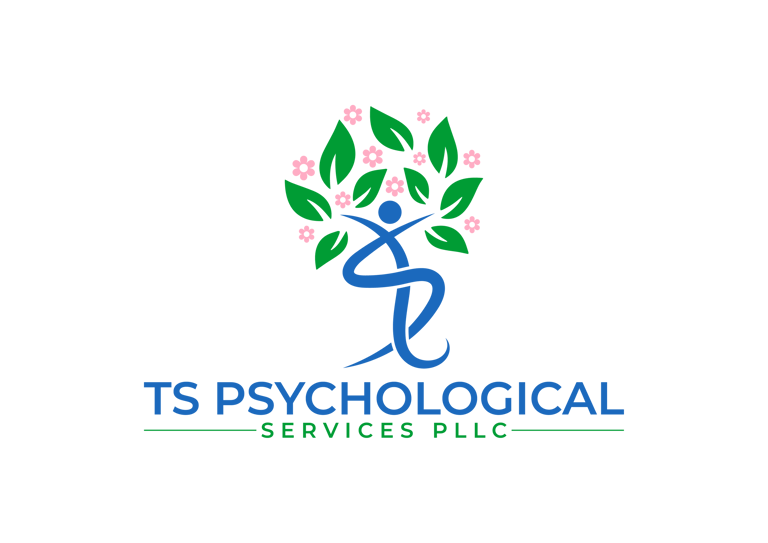University Accommodations
If you're struggling in college or graduate school due to mental health concerns and you'd like to explore accommodations, here's what you need to know.
Tatyana Shchupak, Ph.D.
4/20/20252 min read
Let's talk about school accommodations (college and post-graduate edition):
Who requests accommodations?
You can request reasonable accommodations. These are designed to level the playing field and provide the support you need to succeed.
Helpful to know: the ADA Amendments Act of 2008 (ADAAA) is a law under the Americans with Disabilities Act (ADA) that defines a disability.
Learn more here: https://www.ada.gov/
And here: https://www.ada.gov/resources/testing-accommodations/
Disabilities may include ADHD, anxiety, depression, Autism Spectrum Disorder, hearing/vision/motor impairments, learning disabilities, other mental health diagnoses, etc.
What's the process?
Visit your school's Office of Disability Services. There's usually a website that will answer a lot of your questions, but you can also visit in person.
Note that each university will have different policies regarding the types of accommodations available and not all requested accommodations are guaranteed.
You'll need to complete one or more forms.
You’ll also need to provide documentation. This might include records that document the history of the disability (e.g., IEP, previous evaluation, and/or a letter from your mental health provider). An updated neuropsychological evaluation may be required. Check out your school's specific policies as documentation and procedures vary.
It may take some time for your application to be reviewed.
Keep copies of all of the documents you submit.
To improve the chances that your application will be approved, make sure that you provide all of the necessary documentation. If your request is still denied, talk to your school about next steps.
A note on confidentiality—the disability office will need detailed information about your condition. But rest assured, they are required to keep this information confidential. The information is utilized to help them make decisions related to accommodations. It is not posted publicly or provided to every staff member at the university. Don't hesitate to reach out to the staff at the disability office at your university and ask them about who has access to the documents that you submit. Students have the right to request information about how their data will be used and who will have access to it.
What kind of accommodations can I get?
Below is just a sample of accommodations that you may be able to request:
Extra time and breaks during exams.
Substitutions for classes.
A notetaker, notes provided in advance, or the ability to record lectures.
Preferential seating.
Assistive technology (e.g., a laptop, headphones, speech-to-text programs).
Housing accommodations (e.g., a single room, a support animal).
Attendance flexibility.
Final Thoughts:
Accommodations level the playing field so that those with disabilities get the access and support that they need without having to exert significantly more effort than their peers without disabilities. Individuals who receive accommodations still have to study and work hard to succeed. Requesting accommodations is not asking for an unfair advantage—it’s about accessing your education fully.
Wondering if a neuropsychological evaluation might help?
Contact us today to schedule a free 15-minute consultation.
Disclaimer: This blog is for informational purposes only and is not a substitute for professional care. If you or your child needs support, please consult a licensed mental health professional. You’re welcome to share or reproduce this content with credit to Dr. Tatyana Shchupak and a link to tspsychological.com.
TS PSYCHOLOGICAL SERVICES, PLLC
Contact Us:
347-316-8056
© 2025. All rights reserved.
26 Court Street, Brooklyn, NY 11242
2565 E 17th St, Brooklyn, NY 11235
Locations:
